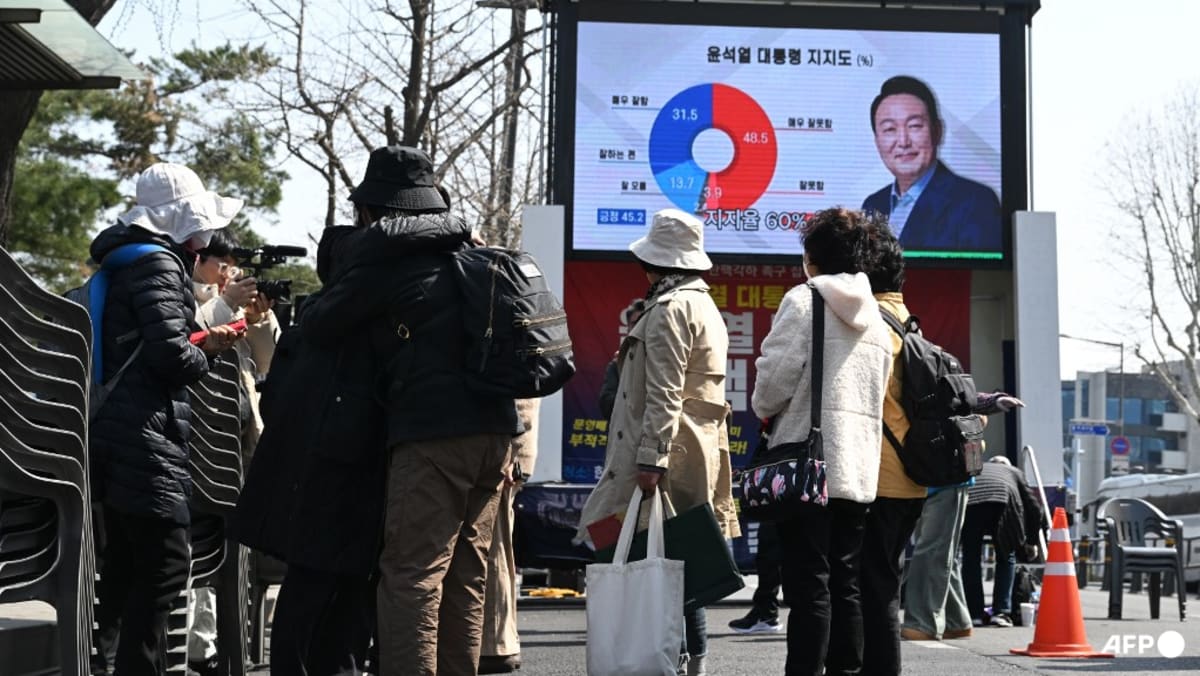How the rise and fall of an unlikely online influencer triggered a debate about the plight of older people in China

Three-quarters of these fans are women, according to an analysis by Daduoduo.com. Of these, 64 per cent were 50 or older and the overwhelming majority (96 per cent) lived outside the country’s major cities.
Many of these fans enjoyed posting videos of themselves singing alongside him using one of the Douyin app’s most popular functions, and have described them as a source of consolation.
Many have left comments under his videos about their marriage problems, anxiety over children and loneliness, while one woman told Southern Metropolitan News that Xiu Cai’s videos helped comfort her grandmother as she underwent a painful course of treatment for terminal cancer.
But Xiu Cai also regularly appealed to his followers to send him cash gifts during his broadcasts. Beijing Youth Daily reported that he also sent private messages to fans who gave him cash gifts to make them feel special and cared for. Others said he had also flirted with them online.
One woman told the newspaper she had a crush on Xiu Cai and gave him 520,000 yuan (US$71,500) in cash gifts in two and a half months in 2020 after he privately pledged to give her a share of the money sent by other fans. After she complained to the local authorities, she was refunded 30,000 yuan.
Media in China also reported that another woman sent Xiu Cui more than 70,000 yuan that could have been used for her medical bills.
Li Jia, deputy director of the ageing society studies centre of the Pangoal Institution, a Beijing-based think tank, said Xiu Cai’s videos appeared to target older Douyin users with precision.
“We cannot say it is an online scam yet, it is more like a marketing strategy targeting the greying population in China, but the way they do it is unacceptable.”
Li said that contrary to the conventional belief that there is a huge digital divide between old and young generations, many older Chinese are now active users of mobile phones and social media, and they are the most active spreaders of videos, rumours and information through WeChat, the country’s most popular social media platform.
Last year, more than 280 million people out of a total population of 1.4 billion were over 60, and the government estimates around 100 million of them live alone.
A 2020 report by online content aggregator Qutoutiao and thepaper.cn found that people over 60 years old spent over an hour a day on their mobile phones and estimated over 100,000 lonely older people spent their whole day with their phones.
“Content produced by Xiu Cai would have appealed to middle-aged people as well, but why were the elderly most attracted? Because they have a lot of time while the middle-aged people are busy with jobs and taking care of children,” Li said.
Source: CNA















